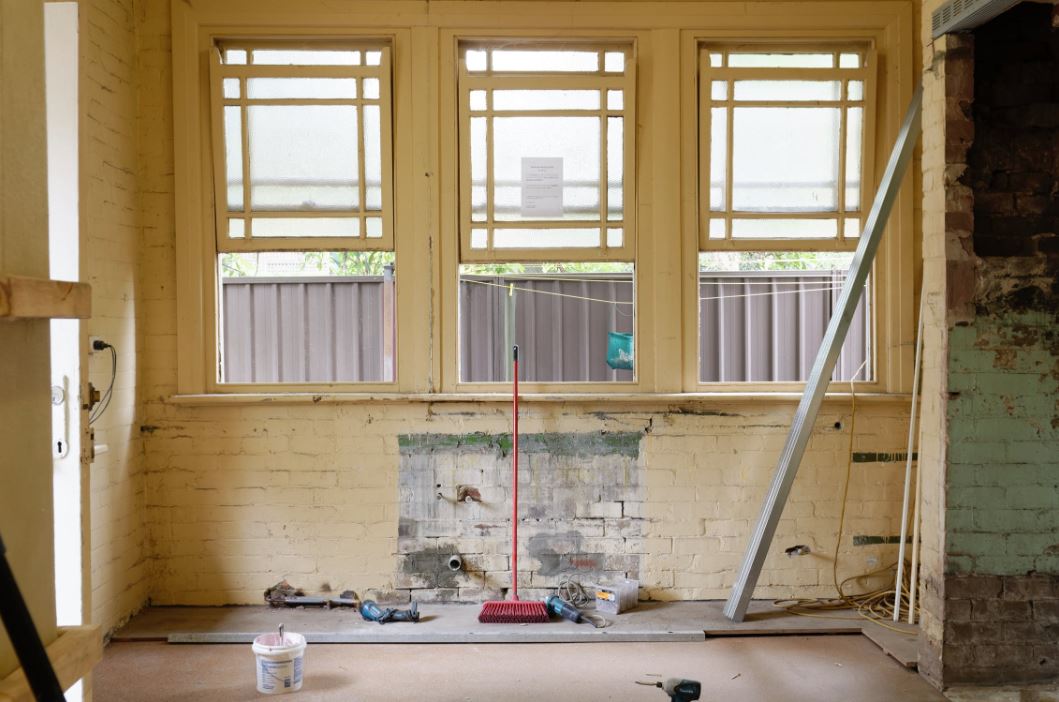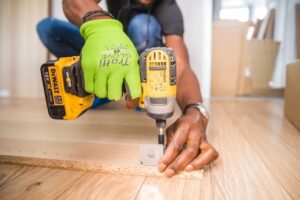
Home renovations will live the whole feel of a home, but they can also produce an incredible amount of dust and grime. Those contaminants easily spread and could end up covering your entire home in the blink of an eye. If you are getting ready for a new home project, then you might want to take a few steps to keep the dust to an absolute minimum.
Close and Seal the Vents
Before you start your project, you should close and seal all of the vents near the area where the work is taking place. The easiest way to seal the ducts is to tape a small plastic sheet over the vents with some painter’s tape. Once the project is finished, you must remember to open and clean all of the HVAC vents. Leaving the vents closed for long periods of time could end up damaging your heating and cooling system. However, closing the vents for while the work is being done will keep small particulates from circulating through the air in your home.
Isolate the Area Where You Will Be Working
As a general rule, you should always try to completely isolate the area when you are carrying out a major home project. By sealing the area, you can ensure that most of your home is going to be almost completely untouched.
While that type of prep work might seem daunting, many home improvement centers sell kits that allow you to seal off rooms. Those kits typically include large tarps, plastic sheets, and a few rolls of tape. While the work is being done, you should try to avoid walking through the areas when possible.
Cover Furniture and Fabrics
No matter what steps you take to isolate the area, a little bit of dust is sure to escape. Unfortunately, that dust can become trapped in your furniture, drapes, and any other fabric that is in your home. Placing some old sheets over the furniture is one of the easiest ways to protect the fabric from unnecessary damage. You might also want to take your drapes down until the project is complete.
Clean Up Daily
At the end of each day, you should clean up as much as possible to minimize the amount of dust that settles in your home. Clear out old pieces of drywall, wood, pipes, and other materials so they don’t sit around collecting dust or contributing to the mess. For larger jobs, you can rent inexpensive skip bins that sit outside your home for a few days. Whenever those bins fill up, they will quickly be hauled away by the rental company. Some waste companies even have bins that are specifically for potentially hazardous building materials.
If you live in an older home that might have been made with toxic building materials, then you must contact a contractor who specializes in dealing with those dangerous contaminants. The airborne material could easily become trapped in your home, and it is going to increase your family’s risk of countless health problems.


